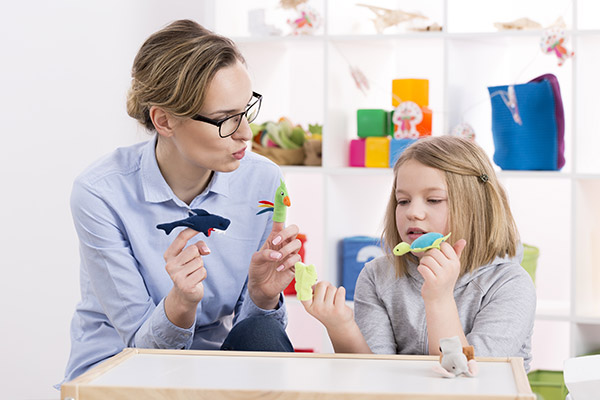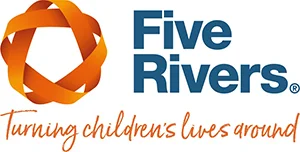Play Day 2019: An insight into Play Therapy
Wednesday 07 August 2019
Last updated: Monday 18 November 2024

Playday is the national day for play, a day which highlights the importance of play in children’s lives. Playday was set up back in 1986, following cuts on school-based play centres and adventure playgrounds in London. Mick Conway, Paul Bonel and Kim Holdaway came up with the notion of having a day for play; a notion which caught on and is now celebrated yearly to raise awareness about the importance of play in children’s lives.
Play is an essential part of every child’s life. Play stimulates enjoyment but is also important for social, emotional, intellectual and physical development. Unfortunately, children in care may not have been given the chance to play. They may have experienced environments deprived of play or may have been exposed to situations in which an inappropriate form of play was depicted.
How can Play Therapy help a child?
Play helps children in several ways. Being able to engage in play allows for the development of social, emotional, cognitive and physical skills, as well as helping to boost creativity and promote language development. Providing a safe space for children to receive emotional support allows them to comprehend their feelings, thoughts and emotions. Sometimes, this means children may re-enact or play-out traumatic or difficult experiences. This can help them to make sense of their past and build coping skills for the future. In play therapy, children may also learn to manage relationships and conflicts in a more appropriate way.
Prior to engaging in therapy, the therapist will listen to the concerns which have led to therapeutic engagement taking place. They may review the child’s history and will try and understand stresses the child has been through to acknowledge how to support them. The therapist a child works with will use their understanding of the child, their knowledge of attachment and child development alongside their therapeutic skills and training to support a child in therapy. A play therapist is trained to use play and recognise a child’s natural form of expression to understand and communicate with children around their feelings, thoughts and behaviour.
How long does Play Therapy take?
This varies child to child. Each young person who comes to therapy will have different childhood experiences. If there have been difficulties which have persisted for a long time, or have perhaps been left unresolved, longer-term interventions may be required. This means a child could be going to therapy for years. Sessions usually take place once a week, consistently, on a regular day, at the same time and same place. This helps to provide stability for a child who often so desperately needs it.
How do we use Play at Five Rivers?
Everyone who works with children at Five Rivers is encouraged to use play. At its most basic form, play allows a child to express themselves. Although verbal communication is possible, sometimes there are fantasies or realities that a child cannot put into words. A child can tap into these by expressing them through play and for this reason this often helps form an initial assessment.
Play and social interaction form “serve and return” interactions – the to-and-fro between a child and an adult – interactions which a child may have been lacking during their previous family environment. Experiences of positive play help build and develop secure attachments, which are vital for a child’s prosperity and long-term wellbeing.
Some of the children in our residential homes attend Psychotherapy sessions. These sessions allow the use of a wide range of creative techniques all focused around play and expression. A child may wish to use sand, art, drama, puppets, music or their words to explore difficulties or troubles in a safe contained space.
We are very aware in the current climate of the difficulties faced when trying to obtain additional therapeutic support for a child in placement, particularly in fostering placements, where therapeutic support is often not considered until after the child is placed. The Clinical Services team have been building an affiliate network – a body of psychotherapists, counsellors and clinical psychologists who can be commissioned to work with the children who have a higher level of need. This resource will allow for more children and young people in our services to have access to the support they require.
For Foster Carers and residential staff, the Clinical Services team provide training around Play, and how to build attachments through play. The training session is 4 hours long, with a 30-minute lunch break. Details can be found of the training taking place across the services by contacting the Learning and Development team.
